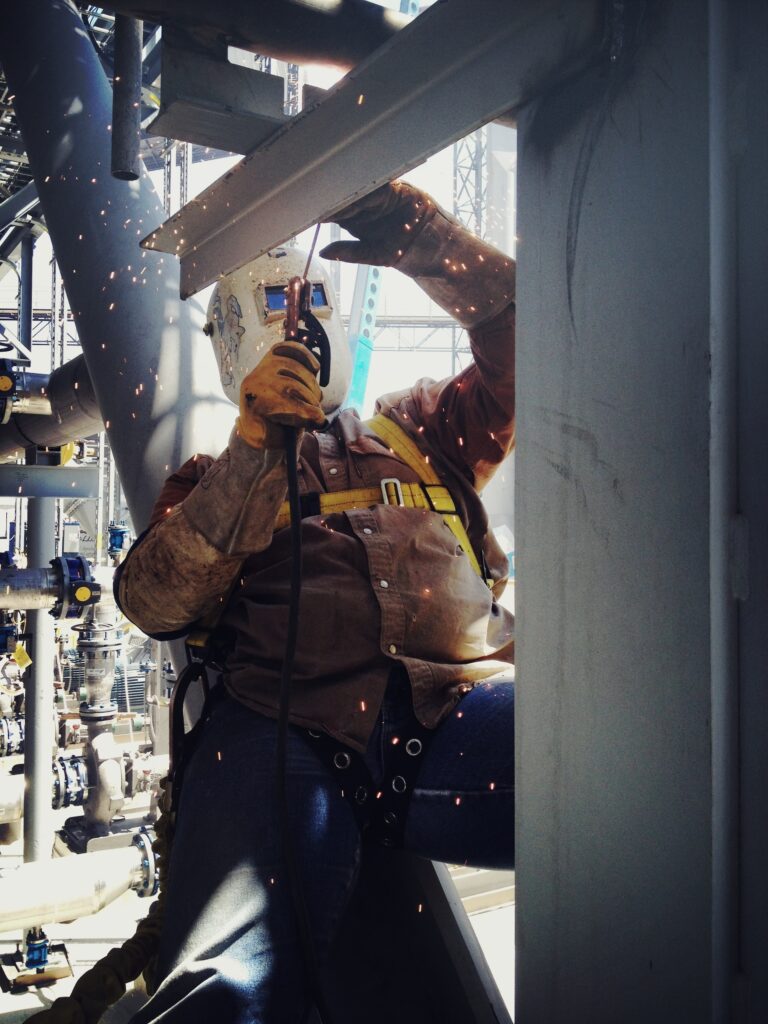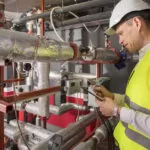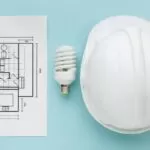Owning a building in Texas comes with its own set of responsibilities, and one crucial aspect that should never be overlooked is the structural integrity of your property. Structural surveys play a pivotal role in safeguarding your investment, ensuring the longevity of your building, and protecting the occupants within. In this article, we’ll explore the significance of structural surveys, why they are essential for building owners in Texas, and how they contribute to the overall safety and value of your property.
Table of Contents
Understanding Structural Surveys: A Vital Investment
Structural surveys are comprehensive assessments conducted by qualified professionals to evaluate the condition of a building’s structure. These surveys involve a meticulous examination of various elements, including the foundation, walls, roofs, and supporting components. In Texas, where the climate can be unpredictable and severe weather events are not uncommon, ensuring the structural resilience of your building is paramount.
Investing in regular structural surveys provides a proactive approach to maintenance. By identifying potential issues early on, you can address them promptly, preventing small concerns from escalating into major problems. This proactive stance not only saves you money in the long run but also ensures the safety and well-being of the people using your facility.

Navigating the Texan Terrain: Factors Affecting Structural Integrity
Texas is known for its diverse geography and climate, ranging from coastal areas prone to hurricanes to inland regions experiencing extreme heat and occasional tornadoes. These environmental factors can take a toll on your building’s structure over time. Without proper monitoring and maintenance, your property may be susceptible to issues such as foundation cracks, roof damage, and compromised structural components.
Structural surveys in Texas are tailored to account for these regional challenges. Professionals conducting these surveys are well-versed in the specific vulnerabilities that buildings may face in this state. From checking for signs of foundation settling to evaluating the impact of high winds on the structural elements, a thorough survey ensures that your building is equipped to withstand the unique challenges posed by the Texan environment.
Compliance and Safety: Meeting Texan Building Standards
Texas has stringent building codes and standards in place to ensure the safety and well-being of its residents. Regular structural surveys are instrumental in ensuring that your building complies with these regulations. A survey can identify any areas where your property may fall short of the required standards, allowing you to take corrective measures promptly.
Failing to meet building codes not only poses a risk to the occupants but can also lead to legal and financial consequences for the building owner. By staying proactive and conducting regular structural surveys, you demonstrate a commitment to compliance, safety, and the overall welfare of your community.
Preserving Property Value: The Economic Impact of Structural Surveys
Owning a building is a significant financial investment, and its value is directly tied to its structural integrity. A well-maintained building is more likely to retain or increase its value over time, providing you with a better return on investment. Structural surveys play a crucial role in preserving and enhancing the value of your property.
Potential buyers and tenants often prioritize buildings with a clean bill of health. By having regular structural surveys on record, you not only provide transparency about the condition of your property but also instill confidence in those looking to invest or lease. This can result in faster transactions and a more favorable market position for your building.
The Process: What to Expect During a Structural Survey
Understanding the structural survey process can alleviate any concerns you may have about the assessment of your property. Typically, a qualified structural engineer will conduct a visual inspection of both the interior and exterior of the building. This involves examining the foundation for cracks, checking the walls and roof for signs of stress or damage, and assessing the overall structural stability.
In some cases, the engineer may use specialized tools such as moisture meters or thermal imaging cameras to detect issues that may not be visible to the naked eye. The goal is to provide a comprehensive evaluation of the building’s structural health, highlighting any areas of concern and recommending appropriate actions for mitigation.
A Wise Investment for Long-Term Success
In the dynamic landscape of Texas, where the elements and environmental challenges are ever-present, investing in structural surveys is a wise decision for any building owner. By prioritizing the integrity of your property, you not only ensure the safety of its occupants but also protect your financial investment. Regular surveys serve as a proactive measure, identifying and addressing issues before they escalate, and contributing to the overall longevity and value of your building. As a responsible building owner in Texas, embracing structural surveys is a key step towards a secure and prosperous future for your property.




